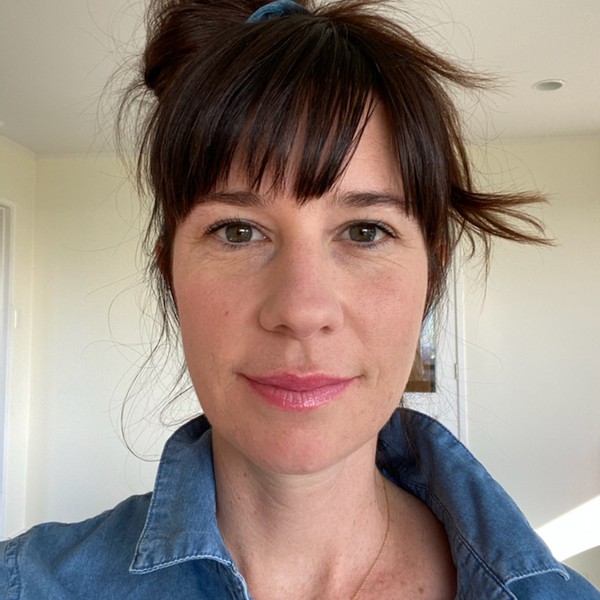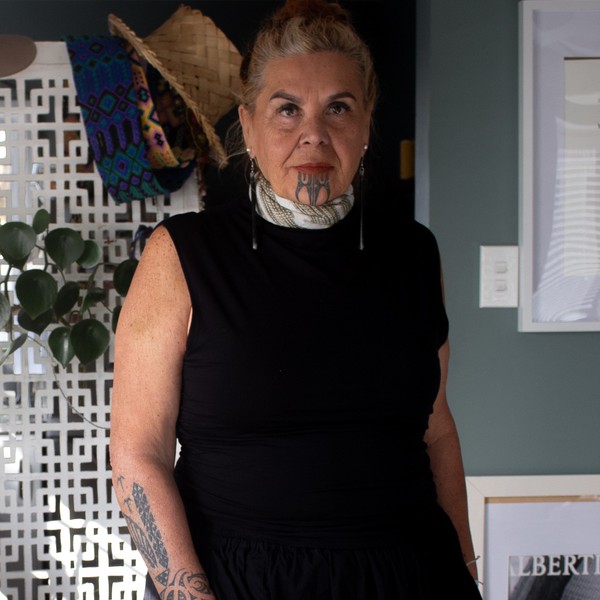Sexual Abuse

The experience of sexual abuse can have a profound and long lasting effect on the victim, making day to day tasks and expectations challenging. Symptoms such as flashbacks, intrusive thoughts or images, nightmares, avoidance behaviour such as alcohol or drug abuse, self-harm or dissociation, high levels of fear and anxiety, sleep difficulties, mood, memory and concentration problems are common but treatable with specialist trauma focused therapy. Unresolved trauma may lead to diagnoses of anxiety, depression, drug/alcohol abuse, Dissociation or Depersonalisation, Personality Disorders, Sexual Dysfunction or simple or complex Post Traumatic Stress Disorder (PTSD).
Sexual Abuse in Children
Finding out that your child has been sexually abused can be an extremely distressing experience for a parent. Following the experience of sexual abuse, children often regress emotionally and behaviourally; i.e., they may start wetting the bed, become clingy, seek reassurance, develop anxiety symptoms (such as sore tummies) or require a nightlight or want to sleep with you when they previously didn’t. Children's behaviour can also become more difficult; i.e., they may become more moody or angry, being more defiant, become withdrawn, and less confident than previously. Often parents/caregivers require professional support to help manage the confusing array of feelings that confront them as they struggle to come to terms with their child’s sexual abuse experience. A specialist Child Trauma Therapist can help parents/caregivers decide on the most supportive and appropriate approach for your family. The most common approach is a combination of individual therapy for the child and support/whanau sessions for parents/caregivers.
















